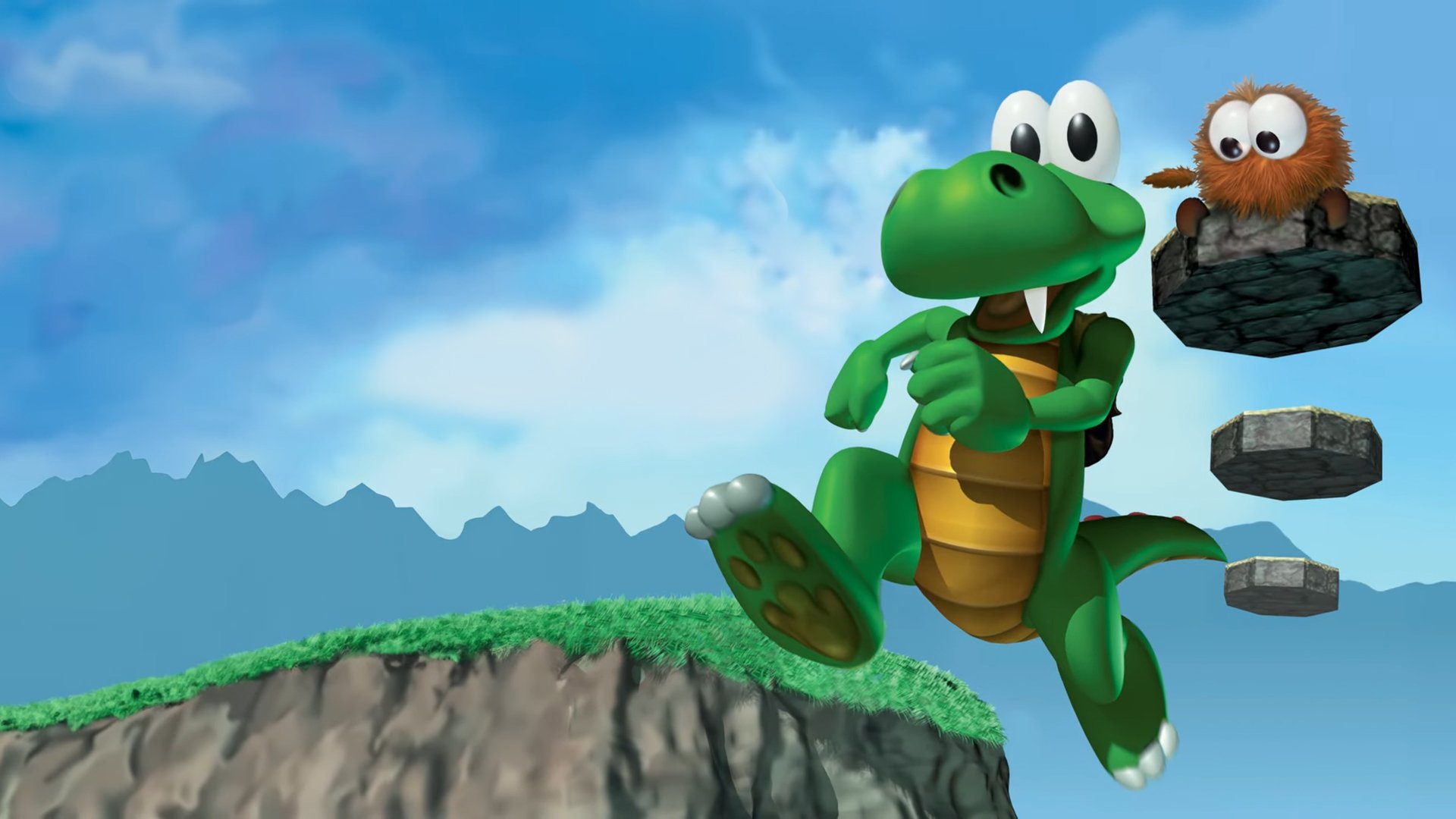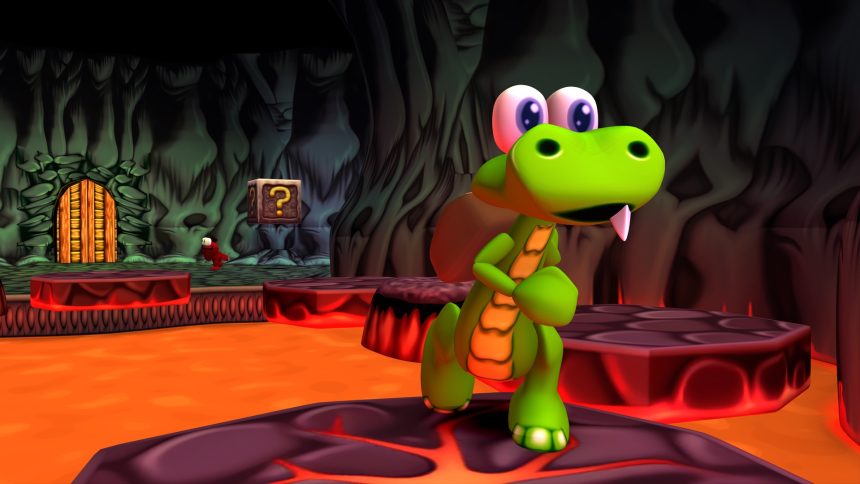The first gameplay trailer for Croc: Legend of the Gobbos has been released, marking the remaster of the classic PS1 platformer. A significant aspect highlighted in the trailer is the removal of the original game’s tank controls, which were reminiscent of the Resident Evil series. This update aims to create a more modern and user-friendly gameplay experience, making it easier for new players to enjoy this iconic title.
Originally launched in 1997, Croc: Legend of the Gobbos achieved notable success on the PS1. The remaster represents the first project from the reformed Argonaut Games, the original developers of the game, who had closed down in 2004. This revival generates excitement among long-time fans and seeks to draw in a new audience who may not be familiar with the original.

A key improvement in the remaster is the updated control scheme. The trailer emphasizes the presence of “smooth, modern controls,” which is a relief for those who found the tank controls of the original cumbersome. Although the remaster aims to maintain the charm and core mechanics of the original, questions arise regarding how the gameplay will adjust, considering that much of the original design relied on these outdated controls.
In addition to the revised control system, the trailer indicates a faithful recreation of the whimsical world of Croc. Players can expect to see the titular character jumping across platforms, using his tail to attack enemies and interact with various elements of the environment, as well as solving puzzles. This commitment to preserving the essence of the original game while modernizing it is a central focus of the remaster.
Furthermore, the announcement of the remaster provides insight into Croc’s origins as a 3D platformer inspired by characters like Yoshi from Nintendo’s Super Mario franchise. Interestingly, the concept for Croc left a lasting impression on Nintendo’s Shigeru Miyamoto, who was inspired to create Super Mario 64. This historical context adds depth to the remaster, positioning it not only as a nostalgic revival but also as an important piece of gaming history that illustrates the evolution of 3D platformers.







